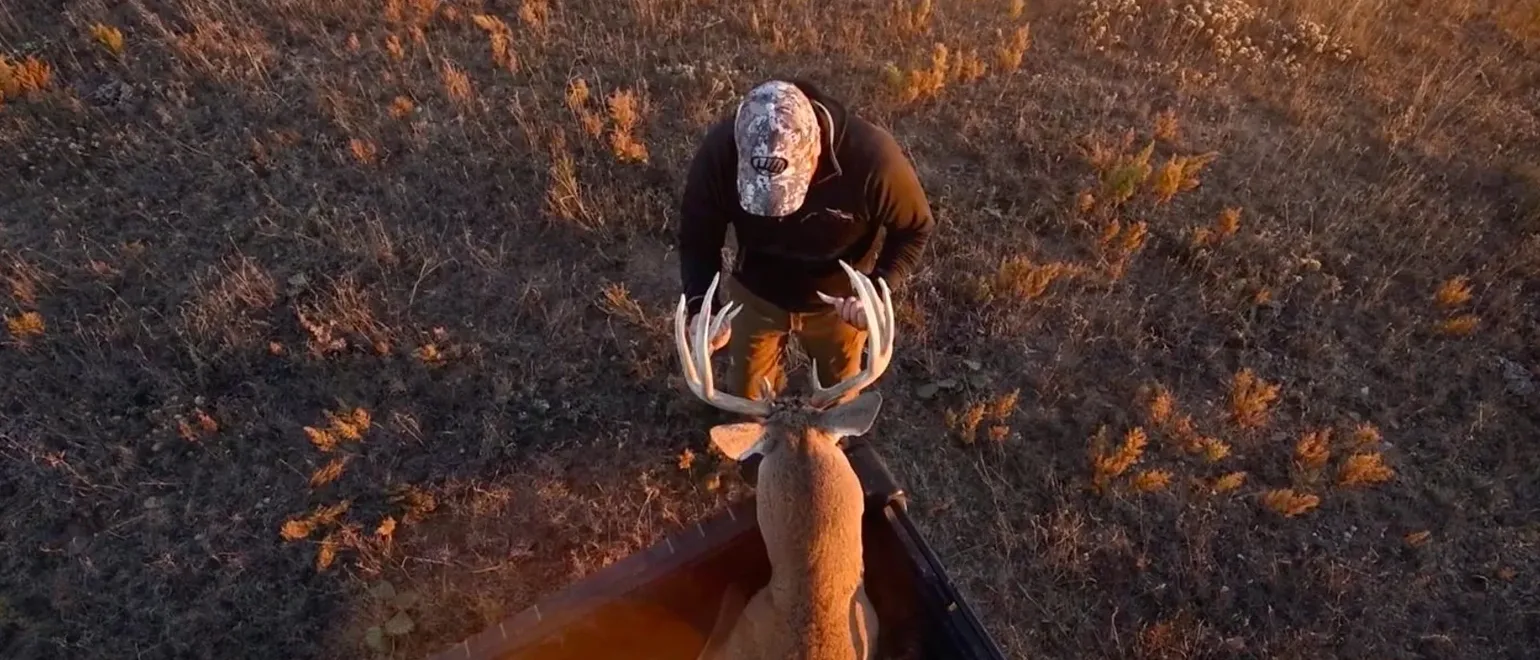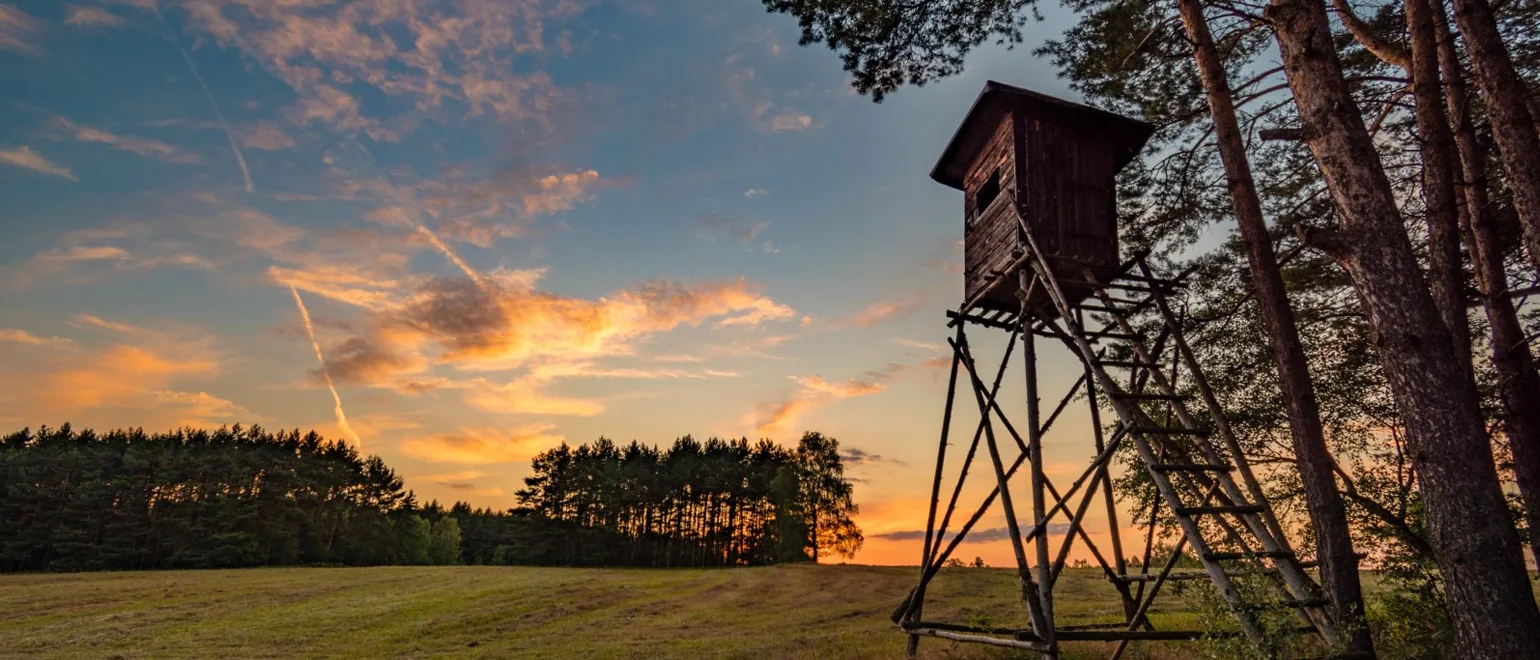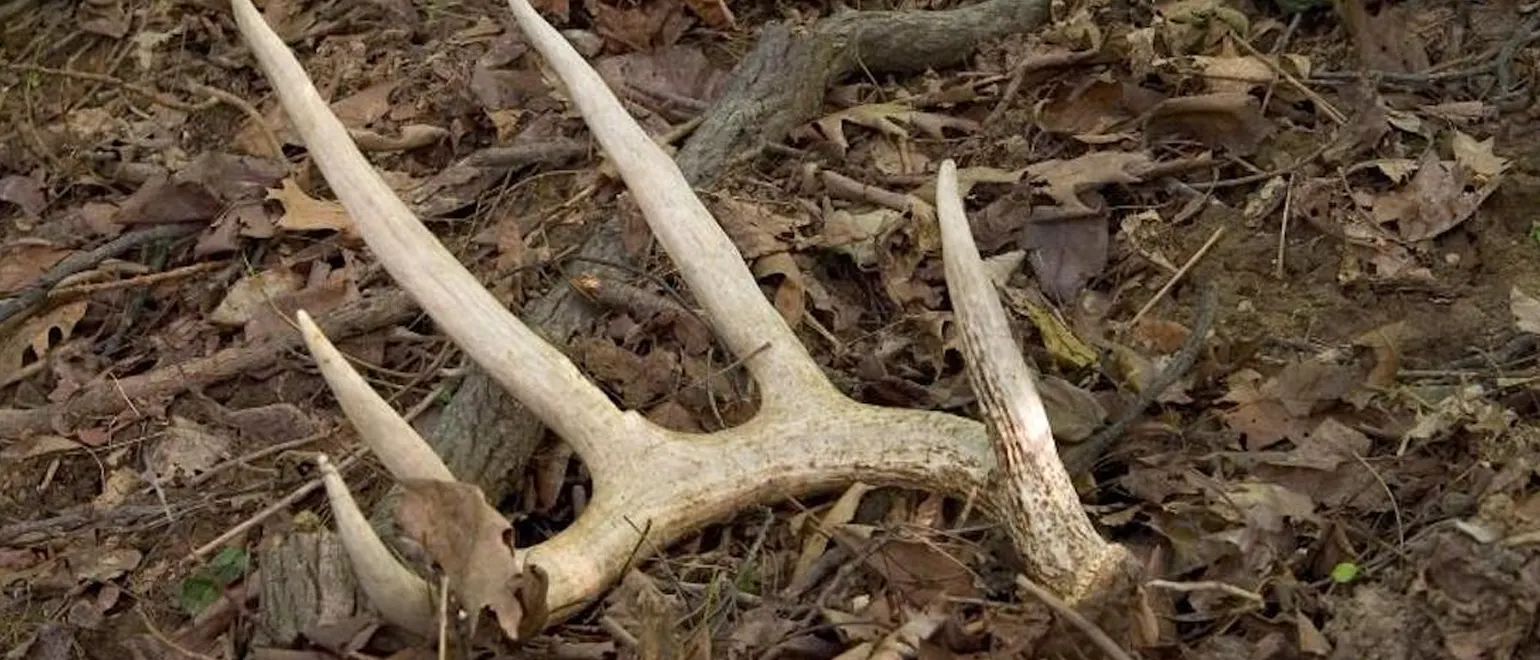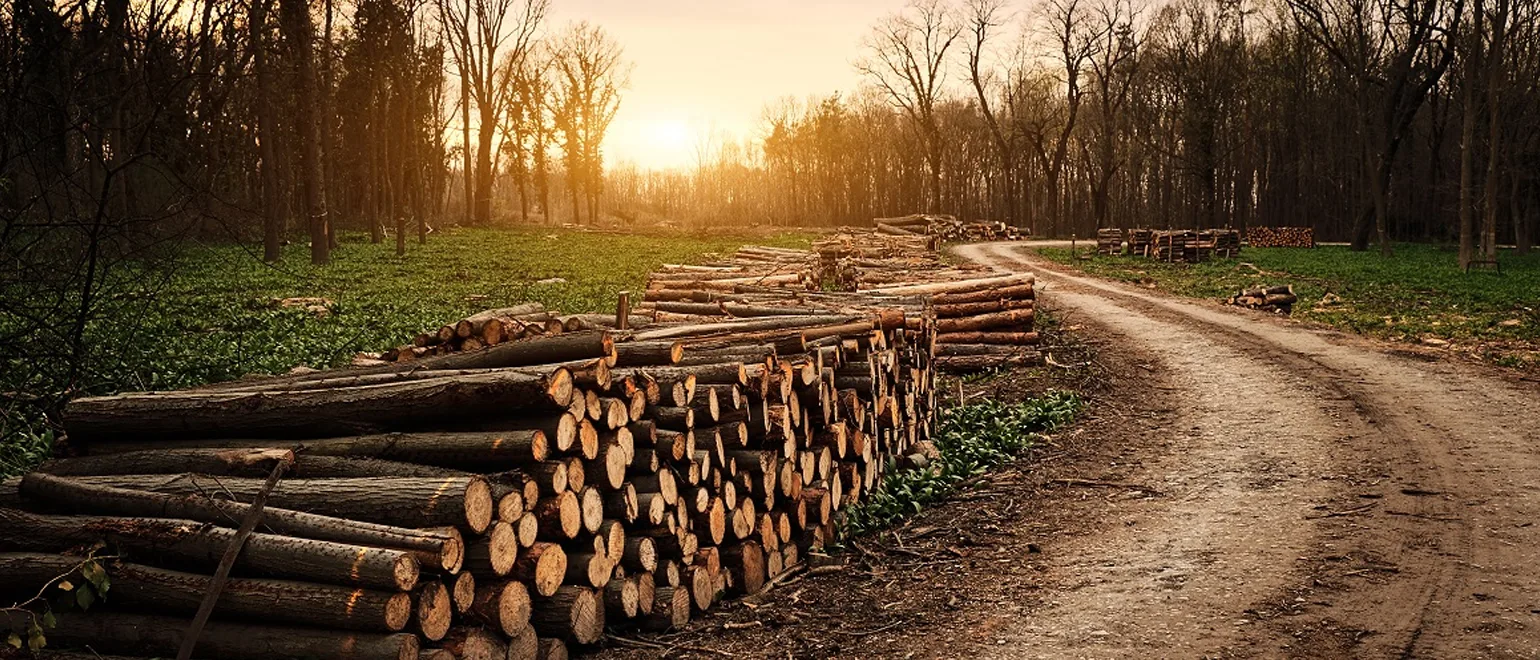
Owning recreational property is a dream for many outdoor enthusiasts, and buying land with friends is one of the most practical ways to make that dream a reality. Whether you’re aiming for trophy whitetails or building a legacy of outdoor traditions, a shared land ownership model offers both financial and lifestyle advantages. In this blog, we’ll explore how group land purchases work, what to consider, and why it might be smarter than leasing in the long run.
Buying Land With Friends: Financial and Recreational Benefits

Advantages Over Leasing
- Control: Unlike leases, you and your group control who accesses the land, how it’s managed, and what it’s used for.
- Equity: Instead of recurring lease payments, your monthly investment builds ownership and long-term equity.
- Revenue: Hunting land can generate income through timber harvests, farm leases, or CRP programs.
- Appreciation: Well-managed land often appreciates, making it a smart long-term investment.
Crunching the Numbers: Lease vs. Own
Let’s break down a hypothetical example to compare leasing with ownership:
Scenario:
- A 218-acre hunting property in Iowa is priced at $2,554.58/acre.
- You’re part of a group of 4 friends.
- Down payment: 20%
- Loan term: 30 years
- Interest rate: 6%
- Annual lease price: $25/acre, increasing 10% every three years
- Additional revenue: CRP income and farm rent at $229/acre on 20 tillable acres
- Annual property tax: $400
Lease Total Over 10 Years: ~$15,000 per person
Ownership Investment Over 10 Years: Builds equity + shares CRP/farm revenue
Ownership clearly becomes the smarter option in the long term—not just for equity and appreciation, but also for personal enjoyment, privacy, and control over how the land is used and improved.
Preparing for Group Land Ownership
Key Points to Discuss Before Buying:

- Purpose of the land (hunting, recreation, investment, or all three)
- Cost-sharing: down payment, taxes, maintenance, improvements
- Guest rules: how often, during which seasons, and what boundaries exist
- Exit strategy: what happens if someone wants out or passes away?
- Default clauses: missed payments or disputes
Once you agree on the terms, consult with a real estate attorney to draft a formal ownership agreement.
Legal Structures for Co-Ownership
You can structure your group purchase in a few ways:
- Joint Tenancy or Tenancy in Common – All owners are on the deed. Simple, but it can get messy if someone wants to sell.
- Limited Liability Company (LLC)– The preferred method for most land partnerships. An LLC offers:
- Legal protection
- Clearly defined ownership shares
- Flexible management structure
- Easier exit and inheritance strategies
Forming an LLC also helps handle potential tax considerations and liability issues more cleanly.
LandLeader: The Land Marketing Platform for Group Buyers

Whether you’re buying your first recreational property or adding to an investment portfolio, LandLeader offers the tools, listings, and land expertise to help your group find the perfect parcel. We specialize in recreational and hunting land, with detailed insights to guide your decisions.
Search by location, land use, price per acre, or potential ROI—and explore properties that are perfect for co-ownership. When you’re ready, we’ll connect you with knowledgeable agents who understand the unique needs of group buyers.